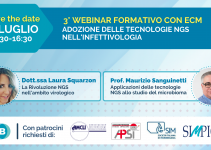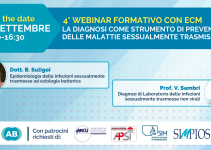Congratulations to Enidia Hazizaj and Francesca Longhin for their poster on Somatic read simulators: how to build a realistic gold standard using data from well-annotated cancer databases
Organised by ISCB Affiliated Conference and under the patronage of BITS Bioinformatics Society, between December 13th and 15th, was held the BBCC2022 Bioinformatics and Computational Biology Conference – Online Edition, during which engineers Enidia Hazizaj and Francesca Longhin have been awarded with the Best Poster Presentation for their work on somatic read simulators.
In the past few years remarkable progress has been made in the development and optimization of bioinformatic pipelines for variant calling. Improving mutation detection is crucial for personalized medicine both in terms of prevention and development of therapies. While germline variant calling is almost clinically consolidated, somatic variant calling continues to be challenging due to many reasons: the unavailability of a matched normal sample, the great variety of cancer types, tumoral features such as heterogeneity, aneuploidies, complex structural variants, and sample purity are just some of the difficulties which are added to the technological limits of the main sequencing platforms.
For these reasons, the validation of somatic variant calling pipelines requires a reliable gold standard that should take into account tumoral variability in terms of inter-patient variability, intra-patient variability and intra-tumor variability. Somatic variants simulators represent the best way to generate realistic tumoral samples.
After an extensive literature research, the best somatic variants simulators, that allow to control all the aspects of tumoral variability, have been selected and have been parametrized according to the statistical information retrieved from biological data databases.



